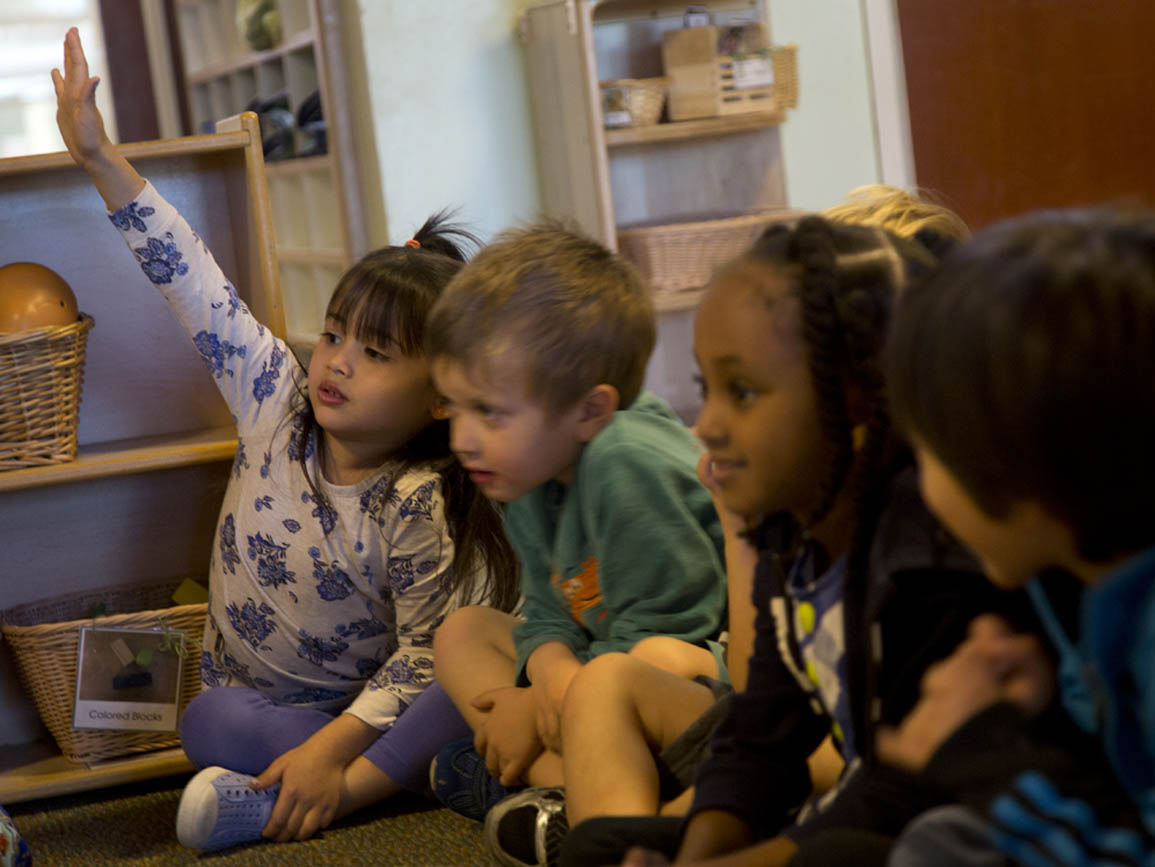Every couple of years, a study comes along asking the age-old question, are working mothers good for children?
All have encouraging statistics about empathy and girls’ future paychecks and sons who do more chores (so…yay).
But c’mon…do we really need to prove this? Of course working mothers are good for kids! They earn paychecks (in many households, the only paycheck). They put roofs over heads. They put things like, you know, food on the table. In what universe could that possibly be not good for kids?
Nobody ever feels the need to prove the worth of a working dad. Dad is a hero for earning a paycheck – and for staying home. Yet women can’t catch a break for either. And this year alone, we’re losing them – in droves.
Here’s the thing: we need working mothers to be both moms…and employees. Families need them. Children need them. Society needs them. Employers need them.
So instead of asking whether mothers are heroes or villains, here are a few questions we should be asking:
Why is it that working mothers who want to work can’t? One of society’s little predispositions is to saddle women with all the family responsibilities even when they’re the primary breadwinner at work. The Mental Load is heavy and weighs down careers. We need to make it easier for women to share the load by making it culturally ok for men to pick up their share, too.
Why do really accomplished women think it’s easier to opt out after a baby than stick around? The above (Mental Load) is one reason. Motherhood penalties – such as being denied coveted responsibilities– is another. Overall inflexibility is a third. We spend a lot of time talking about leave. We need to spend an equal amount of time talking about how to effectively support careers when women return to work.
What can we do to make it easier for women to work? For starters – make it possible. The Washington Post once said lack of access to quality child care impacted more than three quarters of women’s career choices. That was before COVID. Amid the pandemic, nearly 900,000 women dropped out of the workforce – and that was in September, 2020 alone.
How can we make women’s choices ok? This is a million-dollar question. For some reason, most studies that show how working mothers are great for kids do so at the expense of stay-at-home mothers (and vice versa). Here’s the thing: when women feel good about their choice – either choice – they do well at it. That’s true for men, too (side note: bravo to LinkedIn for adding “stay-at-home mom, dad, and parent” to job titles). The secret to success in either is support. Let’s make it ok (and possible) to take care of families and jobs.
This is not a merely personal problem. The one part of the “are working moms good for kids” question that needs no data is role modeling; showing tomorrow’s women how it’s done makes the next generation think it’s possible. Girls need those role models. And with women such a vital part of the workforce, we need both a good percentage of those girls to grow up wanting to work – and a healthy percentage of their male counterparts to see how to support them.
Tomorrow’s women need to see working motherhood as a viable option. How can we make that happen?
That’s the question we should be asking.





